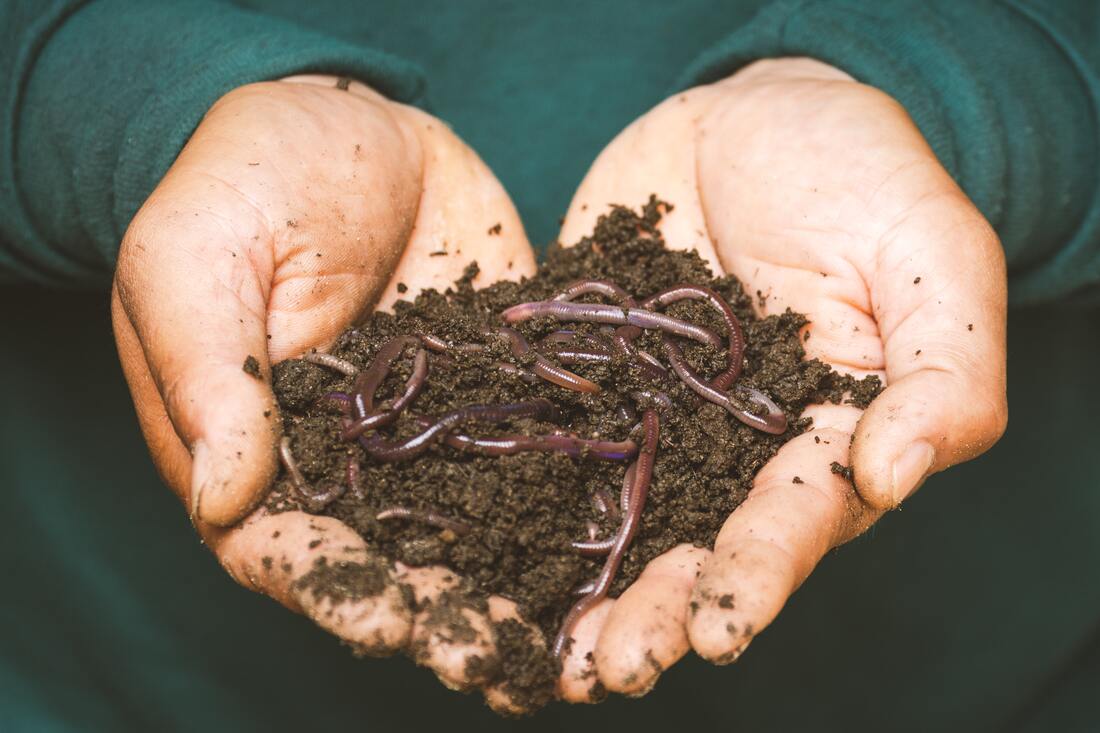|
It is hard to believe but our food waste and other organic materials such as paper and yard trimmings equate to nearly 55% of our total waste with food making up 20-30% of this total. When these items are in our landfills they breakdown and create a material called leachate, which is toxic and can pollute groundwater, surface water and soil. Vermicomposting, a process that relies on earthworms and microorganisms to break down organic matter and transform it into a product that can be used as a valuable soil amendment and source of plant nutrients, can help homeowners with their gardening efforts but also keeps organic materials from causing problems in the landfill! Vermicomposting is a way to get earthworms to work for you in a more organized way. You can become a worm farmer easily. North Carolina State University Extension is a leader in vermicomposting. Rhonda Sherman with North Carolina Extension, states that you need 4 items to begin worm farming.
Sometimes worm bins may have issues that arise over time. It is important to note that your bin should not:
0 Comments
Leave a Reply. |
Details
Warren County SWCD Staff BlogA blog to keep you informed on all the latest news at Warren County SWCD and in the conservation world. Archives
May 2024
Categories
All
|
|
|
Contact:PHONE: (513) 695 - 1337
EMAIL: [email protected] HOURS: Monday - Friday 7:30am - 4:00pm (except holidays) Connect:Warren County Soil & Water Conservation District Copyright © 2016
Warren SWCD Privacy Notice. Emails are serviced by Constant Contact. Constant Contact's Privacy Notice. |

